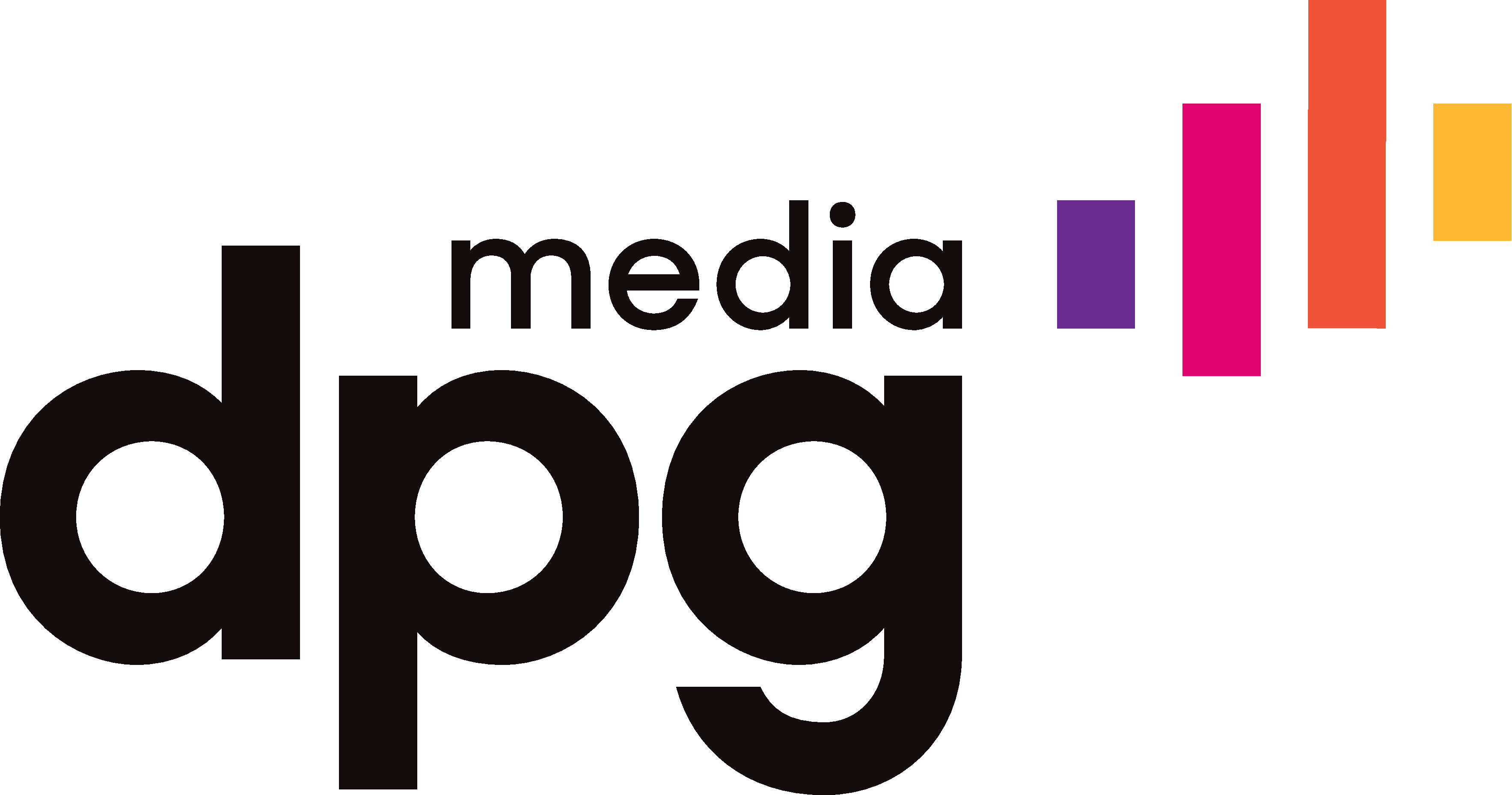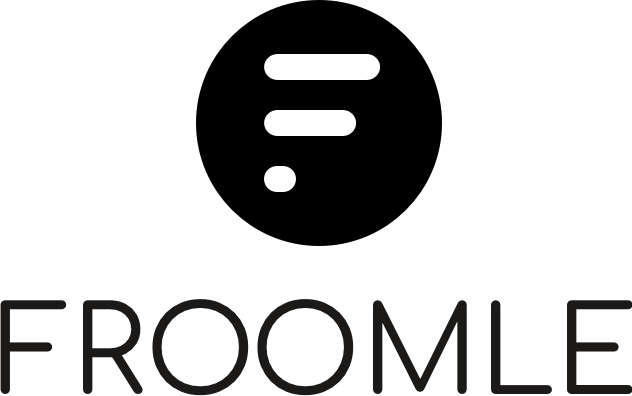Tickets
Thanks to our sponsors DIR2020 is a free online event!
Present Your Work
(Applications Closed)
Application deadline: November 30
Poster deadline: December 1
9:30
9:45
10:30
Time for coffee ☕
11:00
11:45
12:30
Lunch Break 🥙
14:00
Assessing Viewpoint Diversity in Search Results Using Ranking Fairness Metrics
(BIAS'20, ECML-PKDD Workshop)
15:00
16:00
Fair Ranking with Biased Data
Thorsten Joachims, Cornell University
Abstract
Search engines and recommender systems have become the dominant matchmaker for a wide range of human endeavors -- from online retail to finding romantic partners. Consequently, they carry immense power in shaping markets and allocating opportunity to the participants. In this talk, I will discuss how the machine learning algorithms underlying these system can produce unfair or undesirable ranking policies for both exogenous and endogenous reasons. Exogenous reasons often manifest themselves as biases in the training data, which then get reflected in the learned ranking policy and lead to rich-get-richer dynamics. But even when trained with unbiased data, reasons endogenous to the algorithms can lead to unfair or undesirable allocation of opportunity. To overcome these challenges, I will present new machine learning algorithms that directly address some forms of endogenous and exogenous unfairness.
Speaker Bio
Thorsten Joachims is a Professor in the Department of Computer Science and in the Department of Information Science at Cornell University. His research interests center on a synthesis of theory and system building in machine learning, with applications in information access, language technology, and recommendation. His past research focused on counterfactual and causal inference, support vector machines, text classification, structured output prediction, convex optimization, learning to rank, learning with preferences, and learning from implicit feedback. He is an ACM Fellow, AAAI Fellow, and Humboldt Fellow.
17:00
DIY Reception 🥳
Team
Bart Goethals (University of Antwerp & Froomle)
Jan Van Balen (University of Antwerp)
Joey de Pauw (University of Antwerp)
Olivier Jeunen (University of Antwerp)
Lien Michiels (University of Antwerp & Froomle)
Robin Verachtert (University of Antwerp & Froomle)


